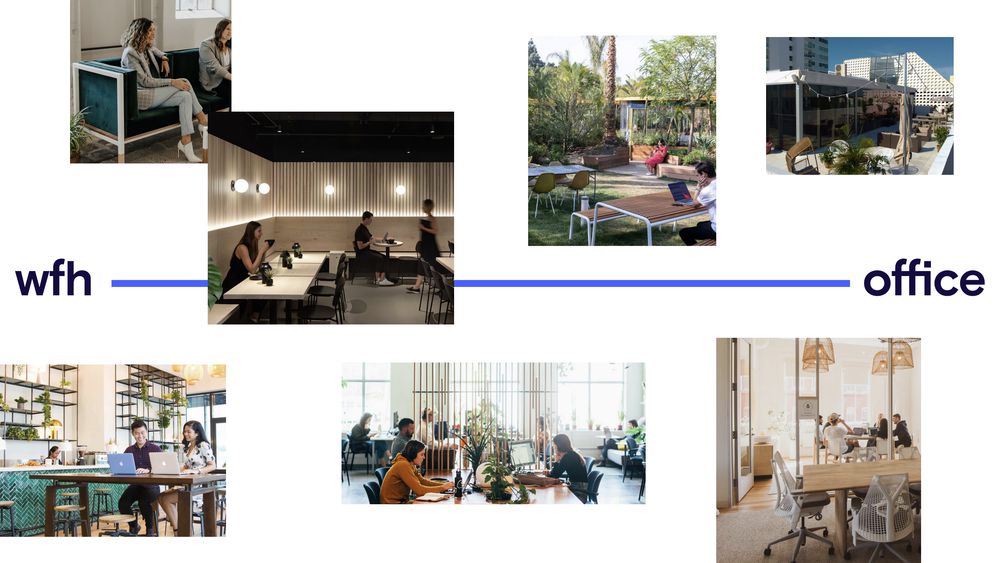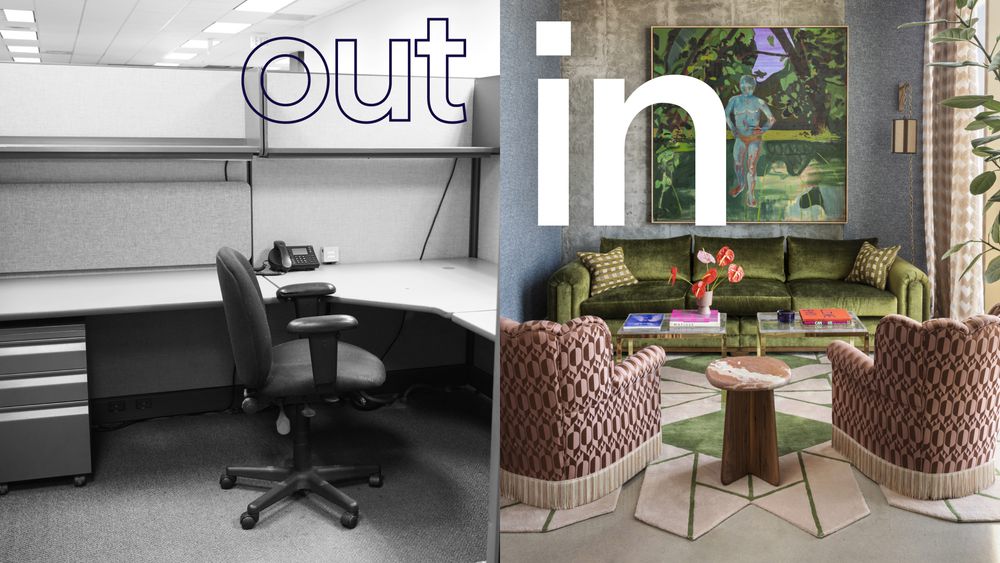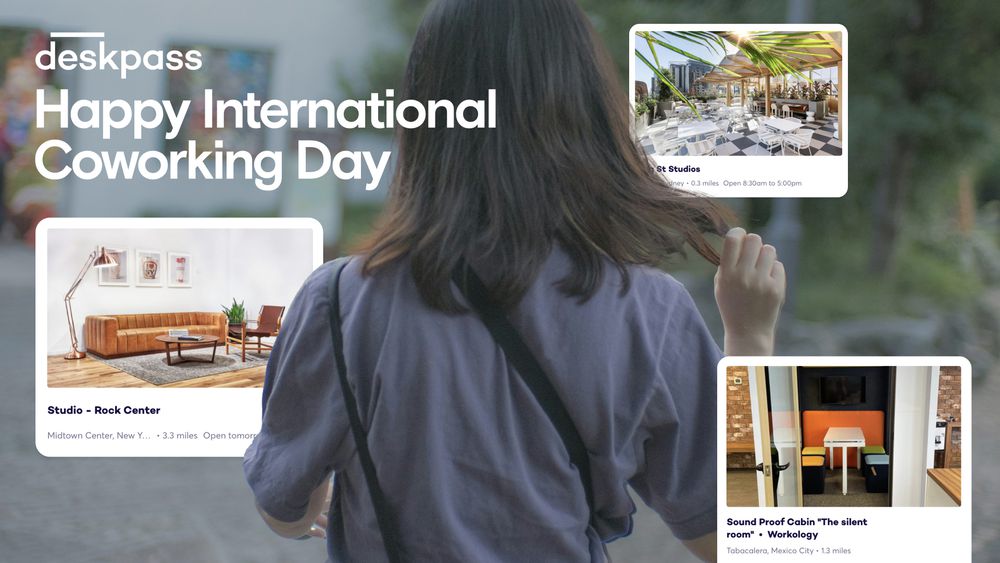Work-from-home (WFH) became the default arrangement during the COVID-19 pandemic. This migration, initially seen as a temporary solution, became something many employees see as a great long-term approach, leaving many employers struggling to find ways to entice people back to the office either full time or under a hybrid, flexible work model. In many circumstances, the most creative solution large enterprises have come up with is the model that seems to work so well with children. We’ll call it the “because I’m the boss and I told you too” methodology.
Surprisingly, many employees have reacted poorly to this draconian approach.
The really interesting thing in this dynamic is that the motives of employers are actually reasonable and justifiable. Their execution of the process has simply been uninspired and poorly thought through. Two of the biggest reasons employers cite for enforcing full- or part-time return to office policies—collaboration and culture. Accountability is the one that always goes unsaid, but is absolutely a need leadership is trying to fill, too.
The importance of a physical office environment can’t be overstated—it fosters collaboration, builds community, and nurtures a strong organizational culture. Unfortunately, the path to reintegrating employees into a central office space is fraught with challenges. Many workers don’t want to give up the freedom that WFH offers; yet many companies are desperate to bring teams back together in person.
For reintegration to work, there needs to be a compromise.
Conversations surrounding workplaces have begun to hone in on the coworking spaces or working from home comparison. Namely, there’s optimism that coworking can serve as a fruitful middle ground: a stealthy alternative to a more formal return-to-office strategy.

The Importance of Returning to the Office
There’s a lot of negative chatter surrounding the motivations behind return-to-office strategies. Often, the assumption is that it’s somehow related to justifying the remaining term of a lease: “companies are paying for office space they’re not using.” And while this is certainly true, it’s important to spotlight the other important factors behind bringing workers back together in-person.
With fewer people working in a traditional office environment due to advanced technology and the global pandemic, coworking spaces and working from home have emerged as popular alternatives. For many organizations, it boils down to four key benefits that become increasingly apparent the longer a team remains isolated and distributed:
Enhanced Collaboration
In-person office environments facilitate spontaneous conversations and exchanges that can lead to innovative solutions and improved results. These organic interactions are hard to replicate in a virtual setting. Being physically present also allows team members to better read non-verbal cues, build trust, and work more cohesively. Put simply: being present leads to stronger team dynamics and more effective collaboration. Additionally, coworking spaces facilitate the building of a professional network through spontaneous interactions and collaborations.
Building a Strong Community
A physical office serves as the epicenter of a company’s culture. It’s where values are lived, traditions are celebrated, and a sense of belonging is cultivated (birthday cake in the breakroom, anyone?). This communal atmosphere is important for employee morale and retention. Put simply: the workplace is an important variable in mental well-being and job satisfaction. Additionally, having a physical office helps separate work from home life, contributing to a stronger sense of community and belonging.
Increased Productivity and Work Life Balance
While WFH offers flexibility, it often comes with distractions. A dedicated office space provides a structured environment that minimizes interruptions and enhances focus, leading to better productivity. Coworking spaces provide high-speed internet, which enhances productivity and minimizes interruptions. While interruptions still happen in the office, it’s often easier to get back on task. And, with everything you need to do your job in proximity to you, there are fewer barriers to getting meaningful work done.
Professional Development Opportunities
Physical offices offer opportunities for professional growth and development that are challenging to replicate remotely. For example, employees can engage in on-the-job training, attend in-person workshops, and benefit from direct mentorship and coaching. These face-to-face interactions and learning experiences are an invaluable part of not only personal professional development, but also growth within the organization. Coworking spaces provide opportunities for remote workers to engage in professional development through in-person workshops and mentorship.
The transition back to the office isn’t just about occupying physical space; it’s about rekindling the collaborative spirit, nurturing a vibrant community, and creating an environment where employees thrive. While it’s possible to create a thriving, cohesive distributed workforce, there are benefits inherent to physical workspaces that simply can’t be ignored.

Coworking Space vs. Private Office
As companies strive to find a happy medium between WFH and an in-person office environment, they’re weighing the pros and cons of coworking spaces vs. private offices. In the context of “third places,” these options reintroduce the element of a physical workspace; however, they maintain a level of freedom, flexibility, and appeal that traditional offices tend to lack. Additionally, coworking spaces and private offices offer different benefits compared to a home office, such as a vibrant community and access to amenities.
Coworking Space
Coworking spaces provide a flexible, dynamic work environment that adapts to the diverse needs of the workforce using it. These spaces promote a sense of community and collaboration, allowing professionals from various industries to work alongside each other and exchange ideas.
The flexibility of coworking spaces means that businesses can scale up or down easily, accommodating changing team sizes without the hassle of long-term leases. Additionally, coworking spaces often come equipped with modern amenities, which enhance productivity and convenience. That said, the shared nature of these spaces can sometimes lead to distractions and a lack of privacy, which may not be ideal for all work scenarios. However, coworking spaces help avoid distractions like household chores, which can disrupt focus and productivity when working from home.
Private Offices
Private offices provide a dedicated space where teams can work without the potential interruptions or noise associated with shared environments. They can often be reserved within coworking facilities and offer a more controlled, personalized environment, while still providing access to community spaces. Additionally, private offices help avoid distractions from family members, providing a more controlled and focused work environment.
These spaces are typically used by businesses that require a higher level of privacy and security—or for tasks that require intense focus, confidentiality, or extensive team collaboration. While private offices offer numerous benefits, they may involve higher costs due to the exclusivity and customization options available.
For many organizations, the key to an alternative return-to-office strategy involves understanding how one (or both) of these options can lend itself to the needs of their workers. Thankfully, Deskpass bridges the gap between coworking spaces and private offices by offering a solution that encompasses the advantages of both.
How Deskpass Makes the Transition Easier
With Deskpass, businesses can access a wide range of office spaces that cater to various work styles and preferences. Whether you need a collaborative coworking space for brainstorming sessions or a quiet private office for focused tasks, Deskpass provides the flexibility to choose the right environment for every situation. Deskpass also helps maintain a healthy work-life balance by providing flexible workspace solutions that cater to different work styles and preferences.
Deskpass also makes it easy to transition between different work settings as needed, ensuring your team always has the optimal space for productivity and creativity. By offering extreme flexibility and convenience, we empower businesses to create a hybrid work model that bridges the freedom of WFH with the benefits of a physical workspace.
Here’s how we simplify the process and make the return to a collaborative work environment seamless and efficient:
Flexible Workspace Solutions. Deskpass enables access to a diverse range of workspace options, from coworking spaces to private offices, catering to the unique needs of every business. Whether your team requires a space for collaboration, focused solo work, or a hybrid of both, Deskpass provides the flexibility to choose the right environment.
Convenient Locations. One of the biggest challenges of returning to the office is making sure it’s conveniently located for all employees. Deskpass addresses this by offering access to a network of office spaces in multiple locations. Employees can choose spaces that are close to their homes or other convenient areas. This convenience makes the transition back to the office more appealing and manageable for employees.
Cost-Effective Solutions. A traditional office setup can be financially burdensome, especially for small and medium-sized businesses. Deskpass provides a cost-effective alternative by offering flexible membership plans that align with your budget. Businesses can avoid the high costs associated with long-term leases, utilities, and maintenance. Instead, they only pay for the spaces they use.
Streamlined Management. Deskpass simplifies the administrative aspects of managing office space. With a user-friendly platform, businesses can easily book and manage workspace reservations, track usage, and handle billing. Deskpass also provides detailed analytics and insights, to help businesses make informed decisions about their workspace needs. It’s a truly scalable approach to managing physical space.
Enhanced Employee Experience. Employee well-being and satisfaction are key factors in the transition back to physical workspaces. Deskpass ensures a positive experience by offering high-quality workspaces equipped with modern amenities. Additionally, the ability to choose different work environments based on individual preferences and tasks empowers employees, making them more engaged and motivated.
Support for Hybrid Work Models. As hybrid work models become increasingly popular, Deskpass provides the ideal solution for businesses looking to balance remote and in-office work. Employees can seamlessly switch between working from home and utilizing coworking or private offices as needed.
Deskpass is more than just a facilitator in the quest for a harmonious work environment; we’re your partner in your journey to a successful return to the office. By offering flexible, convenient, and cost-effective solutions, we make the transition easier and more efficient, so you can focus on making sure your team gets down to work in an environment designed to help them thrive.
A Not-So-Traditional Return-to-Office
As businesses navigate the complexities of transitioning back to the office, it’s clear that the workplace changes fraught by COVID-19 are here to stay. The path forward is navigating them with compromise. The physical office remains a vital part of fostering collaboration, building a strong community, and maintaining productivity. However, reintegrating employees into a physical office space can’t come at the expense of autonomy, flexibility, and personalization.
Deskpass is your ally in spearheading a transition that considers both aspects. By offering convenient access to both coworking spaces and private offices, cost-effective membership plans, and streamlined management tools, Deskpass is an indispensable resource for a stealthy return-to-office strategy—one that empowers businesses and their employees to thrive post-COVID. Coworking spaces and private offices also help maintain a clear boundary between work and personal life, contributing to overall well-being and productivity.
Explore the possibilities with Deskpass and discover how our solutions can transform your return-to-office strategy, ensuring a smooth and successful transition for your entire organization.



